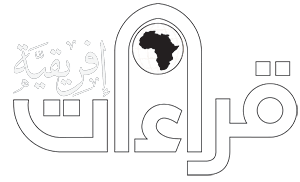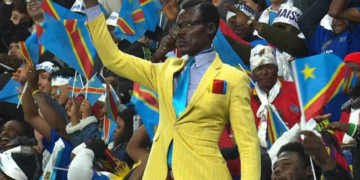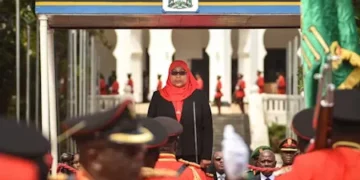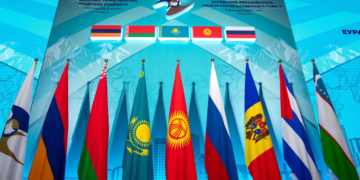Abstract: Traditional bride's dowry is a common tradition in many African societies, and a practice rooted in the African context. It has economic, social and cultural importance in most African societies. In addition to its cultural and symbolic connotations. African Communities also differ among themselves in nature and amount of the bride's dowry, according to their customs and culture. It also differs in the bride's dowry-related ceremony. In terms of bride's dowry importance in these societies, this study aims to shed light on the traditional bride's dowry of some African groups, and highlight its cultural, social and economic importance, in addition to its content, value and ceremonies. The study also aims to refer to the most important changes that have taken place in the bride's dowry at the present time, and its controversy among feminists, politicians, and those concerned with defending women’s rights. The study reached several results, such as; (1) The traditional bride's dowry is widely accepted by many African societies because of its economic, cultural and social importance. (2) The traditional bride's dowry witnessed a clear change in its content and content in line with the requirements of the times without prejudice to its custom. (3) The bride's dowry ceremonies differed from one society to another according to the cultural differences. (4) African Muslim and Christian Mix Between the teaching of Islam and Christian, and African Traditions to achieve Harmony and Compatibility. (5) African Girls want to Continue the paying of Bride's dowry to Ensure the Stability of Marriage.
الملخص: يعد مهر العروس التقليدي بمثابة تقليد شائع لدى العديد من المجتمعات الإفريقية، وهو ممارسة متأصلة الجذور في السياق الإفريقي. ويحظى مهر العروس بأهمية اقتصادية واجتماعية وثقافية لدى غالبية المجتمعات الإفريقية. بالإضافة إلى دلالاته الثقافية والرمزية. كما تختلف المجتمعات فيما بينها من حيث طبيعة المهر ومقداره وفقًا لعاداتها وثقافتها. كما تختلف أيضًا في مراسم تقديم المهر والاحتفالات المصاحبة له. وفي ضوء ما يمثله المهر التقليدي من أهمية في تلك المجتمعات، جاء الهدف من الدراسة متمثلاً في إلقاء الضوء على المهر التقليدي لدى بعض الجماعات الإفريقية، وإبراز أهميته الثقافية والاجتماعية والاقتصادية. فضلاً عن إلقاء الضوء على مضمون هذا المهر وقيمته، والاحتفالات المصاحبة له. مع توضيح أهم التغيرات التي طرأت على المهر في الوقت الراهن، والجدلية التي أثارها المهر التقليدي بين أواسط النسويات والسياسيين والجهات المعنية بالدفاع عن حقوق المرأة. وقد توصلت الدراسة إلى عدة نتائج، أهمها؛ (1) يحظى المهر التقليدي بقبول واسع النطاق لدى العديد من المجتمعات الإفريقية لما له من أهمية اقتصادية وثقافية واجتماعية. (2) شهد المهر التقليدي تغيرًا واضحًا في محتواه ومضمونه بما يتماشى مع متطلبات العصر دون الإخلال بعرفيته. (3) اختلفت مراسم الاحتفال المصاحبة للمهر من مجتمع لأخر وفقًا للاختلافات الثقافية القائمة بين تلك المجتمعات. (4) سعى العديد من الأفارقة الذين اعتنقوا الإسلام والمسيحية إلى المزج بين تعاليم الإسلام والمسيحية وبين التقاليد الإفريقية كمحاولة للتحقيق التواؤم والتوفيق والانسجام. (5) هناك حالة من التمسك الشديد بين أواسط الفتيات الإفريقيات باستمرارية دفع مهر العروس لضمان استقرار الزواج واستمراريته.







































